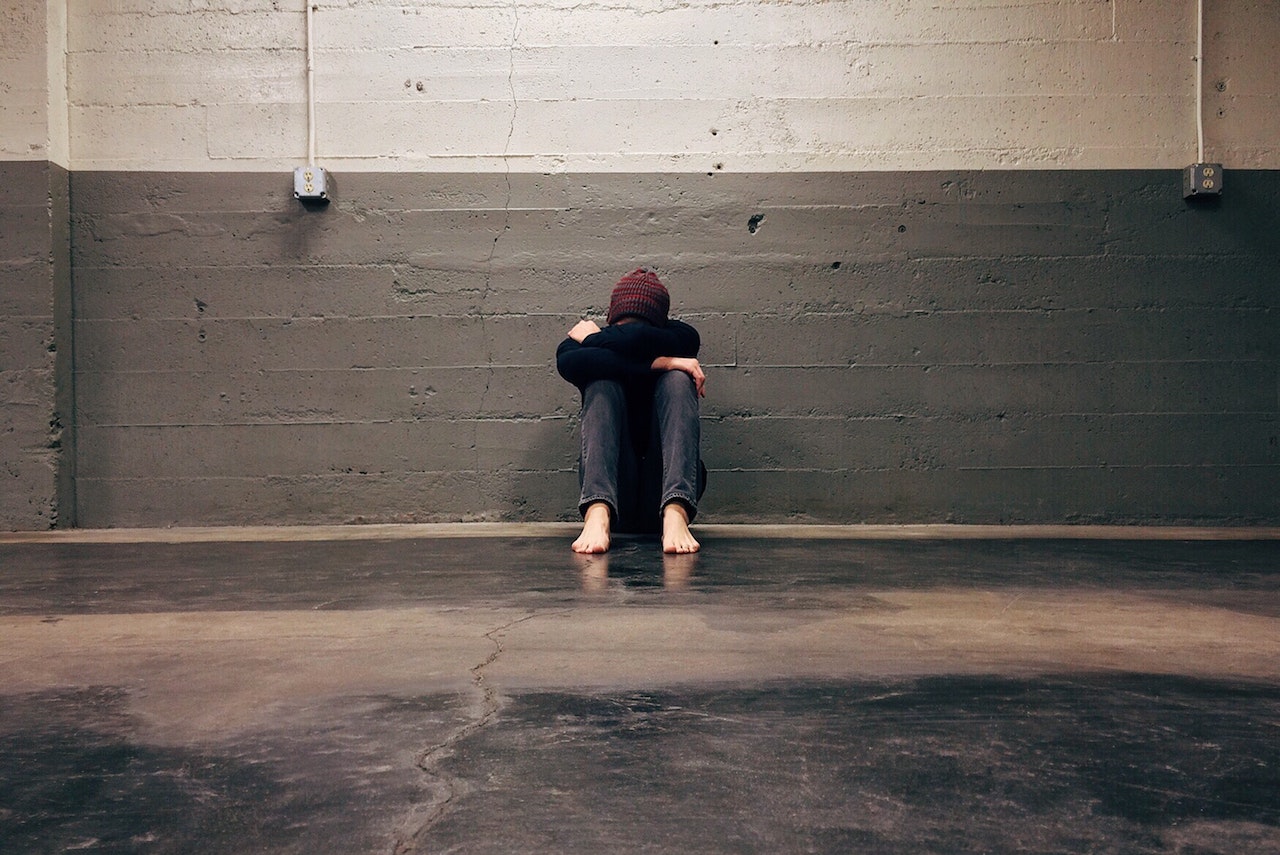Stress can affect the body in several ways, including:
- Cardiovascular system: Stress can increase heart rate and blood pressure, which can lead to an increased risk of heart disease.
- Digestive system: Stress can cause stomachaches, nausea, and diarrhea. It can also disrupt appetite and lead to weight gain or weight loss.
- Respiratory system: Stress can cause shortness of breath and hyperventilation.
- Musculoskeletal system: Stress can cause muscle tension and pain, leading to headaches, backaches, and jaw pain.
- Immune system: Stress can weaken the immune system, making a person more susceptible to infections.
- Nervous system: Stress can cause feelings of anxiety and depression.
- Reproductive system: Stress can disrupt menstrual cycles and lead to sexual dysfunction.
- Skin: Stress can cause hives, rashes, eczema, or psoriasis.
- Sleep: Stress can cause insomnia and other sleep disorders.
- Aging: Chronic stress can accelerate the aging process and increase the risk of age-related diseases.
It's important to note that stress can also have a cumulative effect on the body, meaning that prolonged or chronic stress can lead to more serious health problems over time. It's important to manage stress to prevent these negative effects on the body.

What helps people cope with depression?
There are several strategies that can help individuals cope with depression:
- Therapy: Talking to a therapist or counselor can help individuals understand and work through their feelings of depression. Different types of therapy such as cognitive-behavioral therapy (CBT) and Interpersonal therapy (IPT) have been found to be effective in treating depression.
- Medication: Antidepressant medication can help alleviate symptoms of depression. It's important to work closely with a healthcare provider to find the right medication and dosage.
- Self-care: Engaging in regular self-care activities such as getting enough sleep, eating a healthy diet, and exercising can help improve mood and reduce symptoms of depression.
- Social support: Having a strong support system of friends and family can help individuals cope with depression. Joining a support group can also provide additional social support.
- Relaxation techniques: Relaxation techniques such as deep breathing, progressive muscle relaxation, and yoga can help reduce stress and improve mood.
- Mindfulness: Mindfulness practices such as meditation, yoga, and tai chi can help individuals become more aware of their thoughts and feelings and develop a greater sense of self-awareness.
- Creative activities: Engaging in creative activities such as art, music, or writing can be a therapeutic way to express emotions and improve mood.
- Nature: Spending time in nature can have a positive effect on mental well-being and can help alleviate symptoms of depression.
It's important to note that different things work for different people, and it may take some trial and error to find the right coping strategies. It's also important to seek professional help if the depression symptoms are severe, prolonged or if the person is having thoughts of suicide.
What is the fastest way to cure depression?
There is no one "fastest" way to cure depression, as the treatment will vary depending on the individual and the severity of their depression. However, a combination of therapy, medication, and self-care strategies can be effective in treating depression.
- Therapy: Cognitive-behavioral therapy (CBT) and interpersonal therapy (IPT) have been found to be effective in treating depression. These therapies help individuals understand and work through their feelings of depression.
- Medication: Antidepressant medication can help alleviate symptoms of depression. Antidepressant medications work by altering the levels of certain chemicals in the brain called neurotransmitters. It's important to work closely with a healthcare provider to find the right medication and dosage.
- Self-care: Regular self-care activities such as getting enough sleep, eating a healthy diet, and exercising can help improve mood and reduce symptoms of depression.
- Lifestyle changes: Quitting smoking, reducing alcohol consumption, and engaging in regular exercise and physical activity can also be beneficial for people suffering from depression.
It's also important to note that recovery from depression is a journey and it will take time, patience, and a combination of different strategies.
It's important to seek professional help if the depression symptoms are severe, prolonged or if the person is having thoughts of suicide. A mental health professional can provide guidance and support to help an individual recover from depression.

Is depression curable completely?
Depression is a complex condition that can vary greatly from person to person, so it can be difficult to say whether or not it is completely curable. However, with proper treatment and support, many people are able to manage their symptoms and improve their overall well-being.
Treatment for depression typically includes a combination of therapy, medication, and self-care strategies. Antidepressant medications, cognitive-behavioral therapy (CBT), and interpersonal therapy (IPT) have been found to be effective in treating depression.
Self-care strategies such as getting enough sleep, eating a healthy diet, and engaging in regular exercise can also help improve mood and reduce symptoms of depression.
It's important to note that recovery from depression is a journey and it will take time, patience, and a combination of different strategies. Some people may experience remission of symptoms, while others may need ongoing treatment to manage their symptoms.
It's also important to note that for some people, depression may be chronic, meaning it is a long-term condition that can be managed but not necessarily cured. In this cases, therapy and medication can help manage symptoms and improve quality of life.
It's important to seek professional help if the depression symptoms are severe, prolonged or if the person is having thoughts of suicide. A mental health professional can provide guidance and support to help an individual recover from depression.
Best Social Media Groups Every Marketer Should Join Now
Facebook Groups
- Software Industry
- Quotes And Notes
- Work from home jobs
- Indians in Australia
- Top Jobs Group
- NRI Telugu Group
- Health and Fitness
- BPO and Call Centers
- Sell and Buy Group
- Hyderabad Group
- Indians in America
- Indians in Canada
- International Trade
- Bangalore Group
- India Startups
- Travelers Group
- Online Shopping
- Made in India
- Games Group
- Film Industry
- Manufacturers
- Indians in Europe
- Technology Group
- Jesus World
- Motivation
- Wolfrax Jobs
- Entertainment Group
- Music Free Media
- Qezla Jobs
- Film Studios
- New Blends Media
- Fresher Job Network
- Shopping Network
- Remote Jobs Group
- Fitness And Health
Linkedin Groups
- Global Startups And Entrepreneurs
- International Trade Exports And Imports
- Remote Work From Home Jobs
- BPO Projects And Call Centers
- Healthy, Fitness, Diet
- India Job Network
- Software, Technology, Marketing
- Entrepreneurs Network
- USA and Canada Staffing
- Global Film Industry
- Australian Entrepreneurs
- Quotes, Notes and Motivation
- Biggest Job Network
- Wolfrax Jobs
- Qezla Jobs
- The Job Board
- Films Club
- Entertainment
- NGO Grouup
- Largest Job Network
